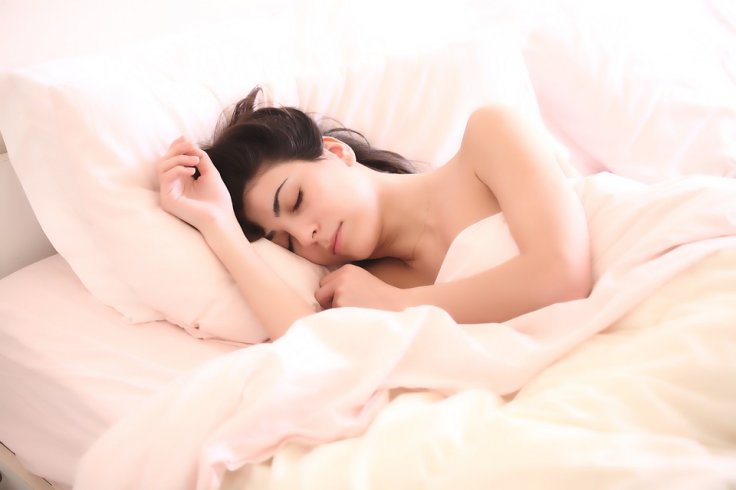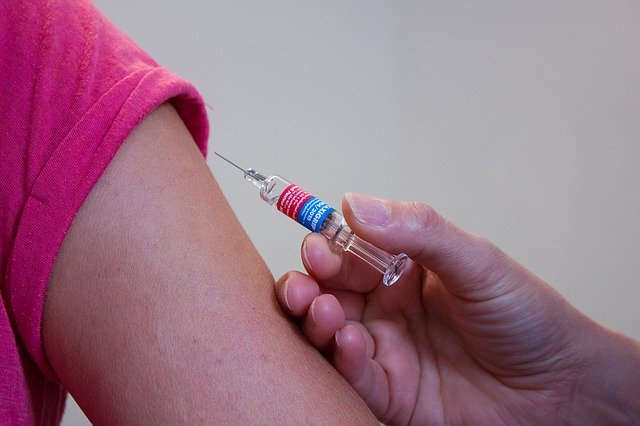While the researchers are trying to find an effective Coronavirus vaccine to safeguard the global population from COVID-19, there is one habit that we can practice as much as we can to protect our own health from being affected by the virus infection—it is sleeping.
Over the years, researchers found evidence of sleep-related health benefits and noticed how this simple daily habit can boost the immunity system against cold, influenza, and respiratory infection. As per experts, sleep can also help to boost the effectiveness of the Coronavirus vaccines after it becomes available.
Monika Haack, a psycho-neuroimmunologist at Harvard Medical School in Boston said that there is a lot of evidence which suggests that "if you have an adequate amount of sleep, you definitely can help to prevent or fight any kind of infection. [But] How many deaths can you prevent if you sleep properly, or how much less is the severity of your symptoms? I think that needs more research."

Sleeping Fights Infection
Haack and her colleagues published a study in 2019 which included over three dozen ways how the immune system players get strengthened based on sleep changes. As per Haack, German researches found that during sleep T cells—which fights infections—usually move out of the blood and then get into the lymph nodes, where they search for pathogens.
But according to researchers, just one incident of sleep deprivation would be enough to keep the T cells circulating in the blood—that will restrict them to respond to the pathogen, reducing their power to fight the infection.
Sheldon Cohen, a psycho-neuroimmunologist at Carnegie Mellon University said that pro-inflammatory cytokines—a large group of proteins, peptides, or glycoproteins that are released by specific cells of the immune system—help to organize an immune response to infections in the body, triggering other cells to fight against the disease. But the production of too much these peptides adds up to cytokine storm which is associated with severe, as well as fatal cases of novel Coronavirus infection.
Studies on cold and influenza showed that infected individuals with poor sleep developed worse symptoms, most likely due to the elevated levels of pro-inflammatory cytokines' interference with immune cells, including the major pathogen fighter T cells.
Link Between Vaccination and Sleep

As per a study from 2002, one group of people who were about to take their flu shots slept for eight hours for four nights before the vaccination and after taking the jab, they again slept the same amount for two nights.
When researchers conducted an analysis of their health almost 10 days later, they found that the antibody levels in those participants were more than twice as high as those in individuals who were in another group and slept only four hours per night over the same period of time.
As per other studies sleep deprivation can also cause the reduction of antibody responses to hepatitis A, hepatitis B, and H1N1 swine flu vaccines. Even one study suggested that better sleep before taking a hepatitis B vaccine most likely increases the safety period to six months.
The expert from Carnegie Mellon University, Cohen has advised people to sleep at least seven hours at night to boost their chances of being on the safe side during the COVID-19 pandemic. "Over and over, we show that people who got insufficient amounts of sleep were more likely to get sick when we exposed them to a virus," which clearly indicates that sleep plays a key role in "health and well-being," said Cohen.









